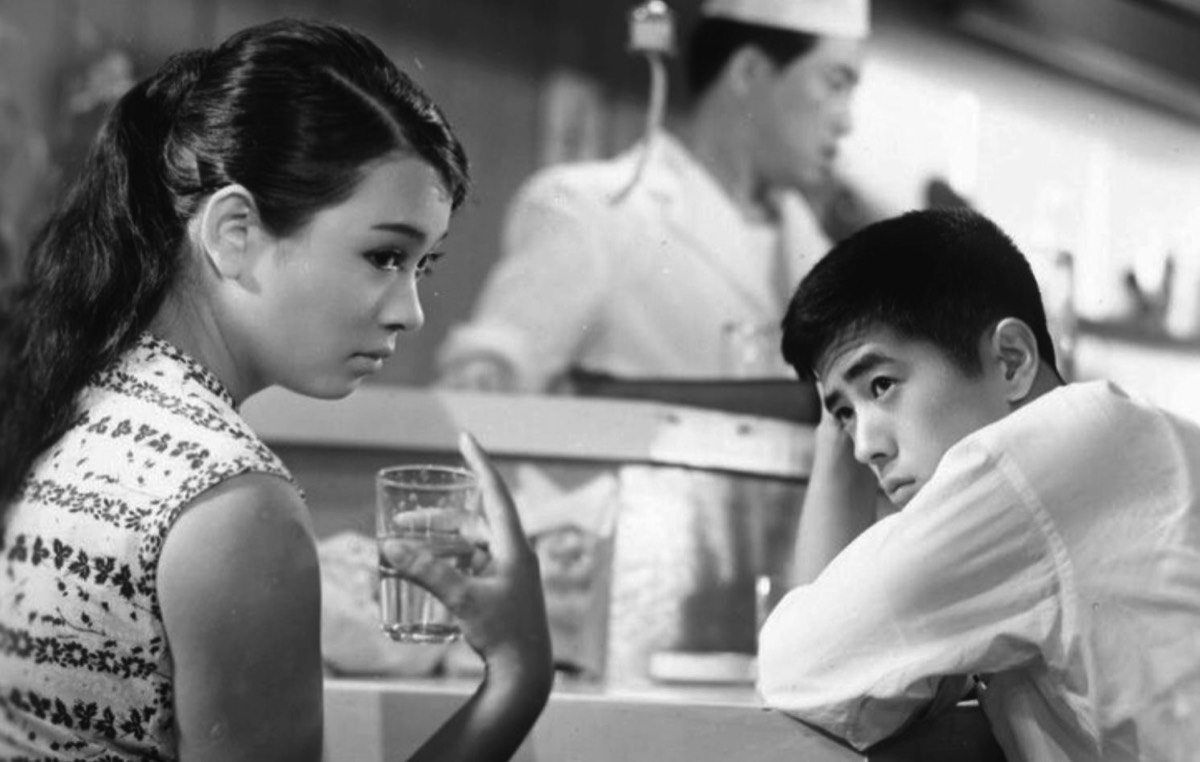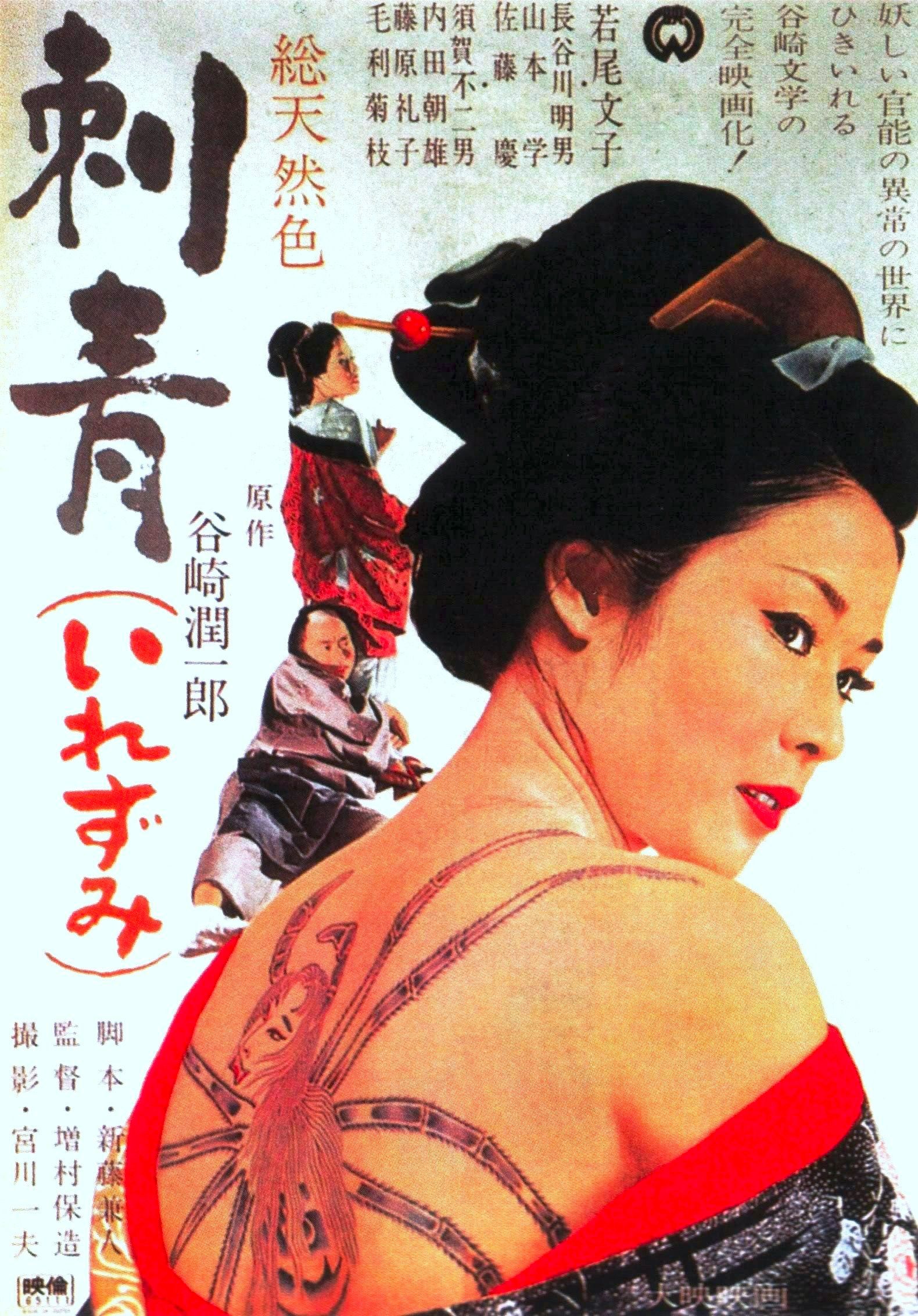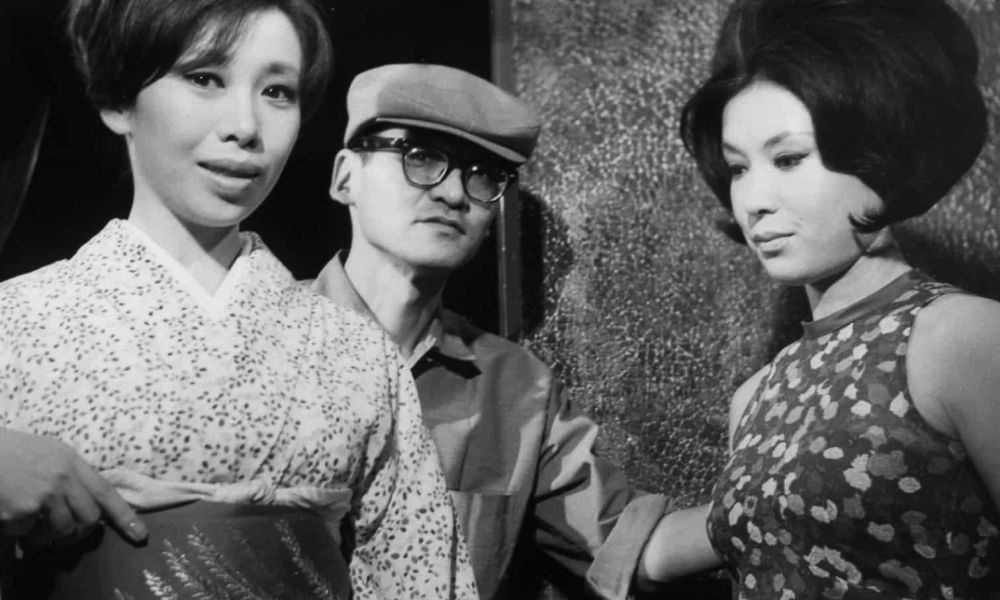"One of the key influences on Japan's new wave, venerated by Nagisa Oshima, the subject of Western auteurist study as early as 1970 - there are those who consider Yasuzo Masumura to be Japanese cinema's fourth master. Other voices, on the contrary, point to his reliance on genre tropes and excess as proof that the director of such films as Giants and Toys, Red Angel and The Blind Beast is undeserving of such plaudits." - Tom Mes (Midnight Eye, 2010)
Yasuzo Masumura
Director / Screenwriter
(1924-1986) Born August 25, Kofu, Yamanashi, Japan
(1924-1986) Born August 25, Kofu, Yamanashi, Japan
Key Production Country: Japan
Key Genres: Drama, Comedy, Crime Drama, Gangster Film, Psychological Drama, Satire
Key Collaborators: Tatsuji Nakashizu (Editor), Ayako Wakao (Leading Actress), Tomoo Shimogawara (Production Designer), Setsuo Kobayashi (Cinematographer), Tadashi Yamauchi (Composer), Hiroshi Kawaguchi (Leading Actor), Eiji Funakoshi (Leading Actor), Yoshio Shirasaka (Screenwriter), Kaneto Shindo (Screenwriter), Masaichi Nagata (Producer), Tatsuji Chujo (Editor), Eitaro Ozawa (Leading Character Actor)
Key Genres: Drama, Comedy, Crime Drama, Gangster Film, Psychological Drama, Satire
Key Collaborators: Tatsuji Nakashizu (Editor), Ayako Wakao (Leading Actress), Tomoo Shimogawara (Production Designer), Setsuo Kobayashi (Cinematographer), Tadashi Yamauchi (Composer), Hiroshi Kawaguchi (Leading Actor), Eiji Funakoshi (Leading Actor), Yoshio Shirasaka (Screenwriter), Kaneto Shindo (Screenwriter), Masaichi Nagata (Producer), Tatsuji Chujo (Editor), Eitaro Ozawa (Leading Character Actor)
"The holder of a law degree from the University of Tokyo, he entered Japanese films as assistant director in 1948 and in 1953 went to Rome where he trained at the Centro Sperimentale. He assisted Mizoguchi and Ichikawa before making his own debut as a director in 1957. His films have often dealt with moral corruption in Japanese society or with problems of youth, sometimes in a sensational manner." - The Film Encyclopedia, 2012
"What is persistent in Masumura’s work, sometimes accompanying his fruitful collaborations with Ayako Wakao and other actors, is a certain ethical engagement with the world –- and a set of strategies for pursuing and sustaining that engagement, such as the privileging and exaggeration of obsessive forms of behaviour. Partly for this reason, many of his films are deeply erotic on some level. Because sexuality for women has often served as coin of the realm in Japanese society, the way that these women’s ‘fortunes’ get saved, spent or squandered within that economy remains a profound ethical issue, and I can think of few directors apart from Masumura, his partial mentor Mizoguchi and his partial disciple Oshima who have made as many erotic films in tandem with the frankness of their political concerns." - Jonathan Rosenbaum (Movie Mutations: The Changing Face of World Cinephilia, 2003)

KIsses (1957)
"In general, Masumura's art was shocking without being truly profound: Donald Richie has commented that "a certain shallowness of characterization is perhaps the price exacted by a restless camera and fast editing." In fact, Masumura's visuals tended to shift his stories towards parody: the cartoon-like imagery of Giants and Toys and the exaggeration of noirish tropes in The Black Test Car seemed at odds with the harshness of the scripts." - Alexander Jacoby (A Critical Handbook of Japanese Film Directors, 2008)
"In explicit dramas and subversive satires, Masumura examined individual identity in a society mechanized by tradition, war, and postwar economics. Masumura was a brutal humanist-that is, without a shred of sentimentality, but rather with the daring it takes to break the mold in a culture that emphasizes conformity. The weight of the institutions makes the necessary gestures of rebellion in his characters more extreme." - BAMPFA, 1999
"Almost half a century later, Masumura’s potent films have lost none of their ability to shock and inspire intellectually and emotionally. Behind the visceral power, and jaw-dropping visual inventiveness of his work lies a rare gift for getting to the heart of humanity. In Masumura’s world the socially successful are often morally adrift, capable of great cruelty and selfishness. His sympathies lie with the outcast. His protagonists frequently display a passion for truth and a courageous capacity for tenderness. Devoid of sentimentality, these films present a furious indictment of social injustice while celebrating the role of the individual and what it means to be human." - Independent Cinema Office
"My goal is to create an exaggerated depiction featuring only the ideas and passions of living human beings." - Yasuzo Masumura
Selected Filmography
{{row.titlelong}}
GF Greatest Films ranking (★ Top 1000 ● Top 2500)
21C 21st Century ranking (☆ Top 1000)
T TSPDT R Jonathan Rosenbaum
21C 21st Century ranking (☆ Top 1000)
T TSPDT R Jonathan Rosenbaum
Yasuzo Masumura / Favourite Films
Dr. Mabuse, the Gambler (1922) Fritz Lang, Intolerance (1916) D.W. Griffith, Metropolis (1927) Fritz Lang, Modern Times (1936) Charles Chaplin.
Source: History of Foreign Cinema [Book] (1977)
Dr. Mabuse, the Gambler (1922) Fritz Lang, Intolerance (1916) D.W. Griffith, Metropolis (1927) Fritz Lang, Modern Times (1936) Charles Chaplin.
Source: History of Foreign Cinema [Book] (1977)
"Fan Club"
These film critics/filmmakers have, on multiple occasions, selected this director’s work within film ballots/lists that they have submitted.
These film critics/filmmakers have, on multiple occasions, selected this director’s work within film ballots/lists that they have submitted.


